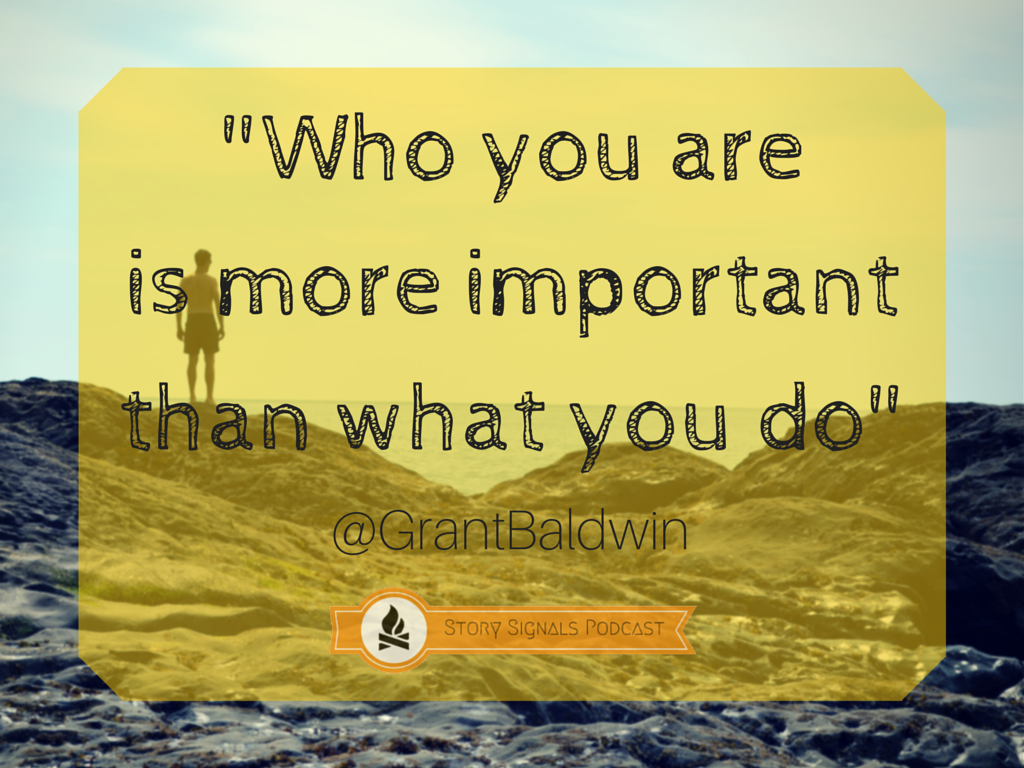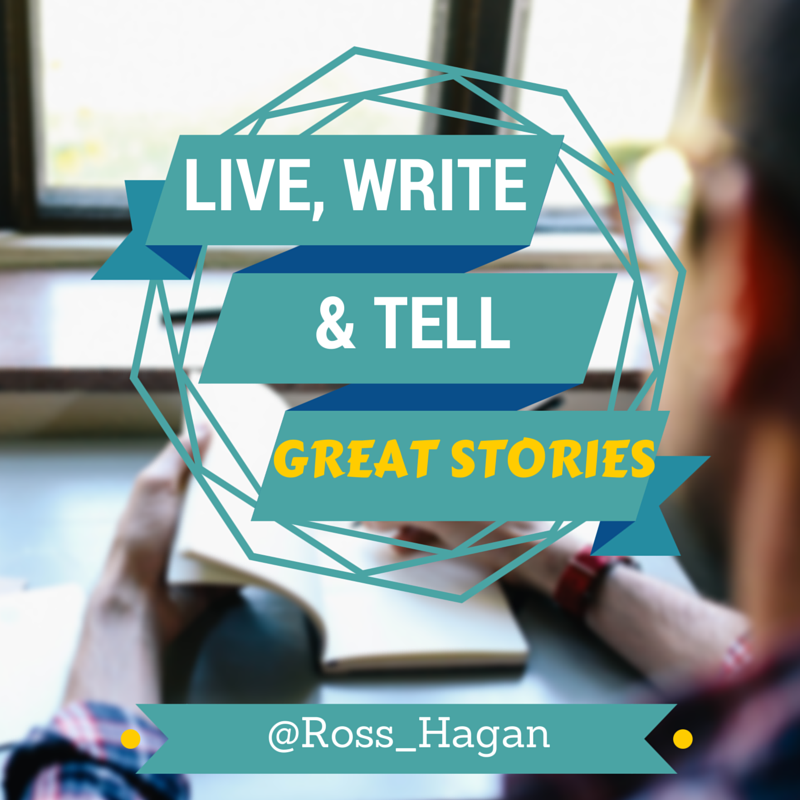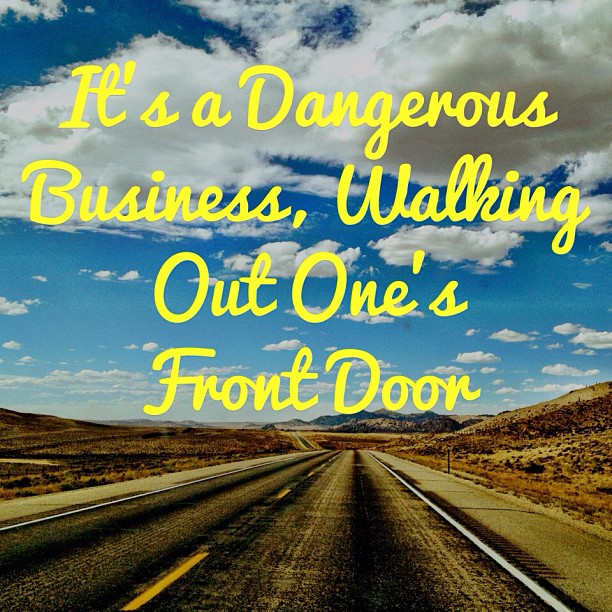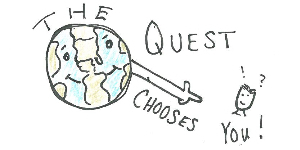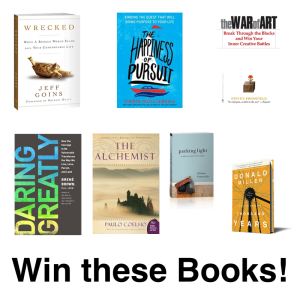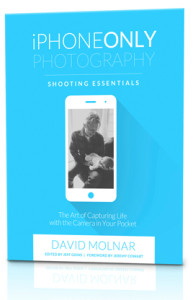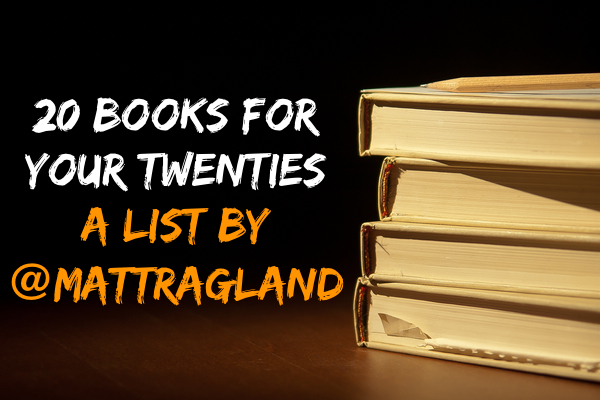2015 is upon us, and I’m pretty excited about it. One of the aspects of this year I’m more excited about than ever is the ability to teach and share skills.
As weird as this sounds, I think there’s a shortage of curated blog development resources on the web today. Sure, you can Google “How to Start a Blog” and come back with 1 BILLION results (it’s true), but that can be overwhelming!
But every month I get a few questions from readers, friends, and family about how to start a blog. Why?
Because we’ve built trust together, and I’m honored by it. I want to help. It’s easier to learn from someone you know than the top hit on Google, which is why so many courses and guides are on Google to begin with! Kinda like the chicken or the egg, right?
For the entirety of 2015, I’ll be sending out an email course for people who want to build a blog with a mission. There will be two lessons per month, leaving plenty of time for the actual practice of writing and content creation!
If you’d like to be a part of this, I need to ask that you sign up for the course to show you’re interested. I know there are plenty of active bloggers and writers in this community who have moved passed the startup stage, or aren’t looking for blog teaching at all!
So if you’d like to be a part of this course, simply click the link and then enter your email at the bottom of the page.
MattRagland.com/Build-A-Mission-Minded-Blog
If you’re just waiting for my next post, thanks for your patience. Lots of exciting and anxious moments in life these days, and I’m looking forward to sharing the lessons with you.
Thanks again for the trust and encouragement each of you provide by showing up, I pray that each of you are enjoying a great start to 2015!
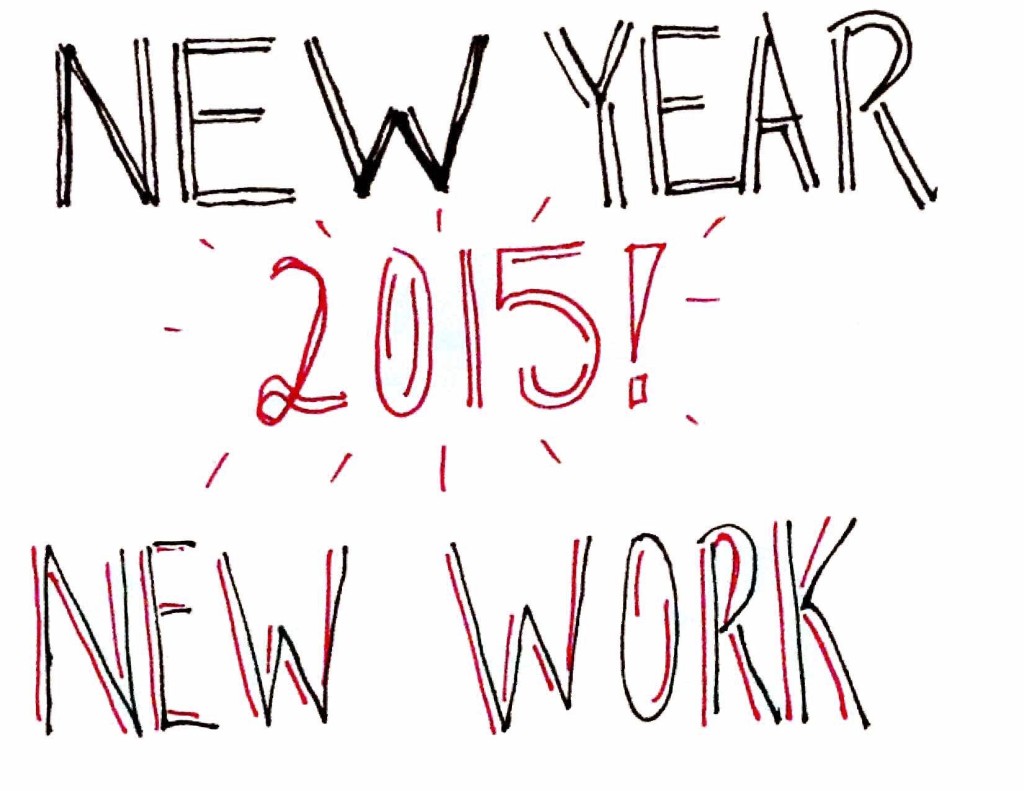


 Today is episode 30 of the Story Signals podcast, and I’m so glad to welcome
Today is episode 30 of the Story Signals podcast, and I’m so glad to welcome 